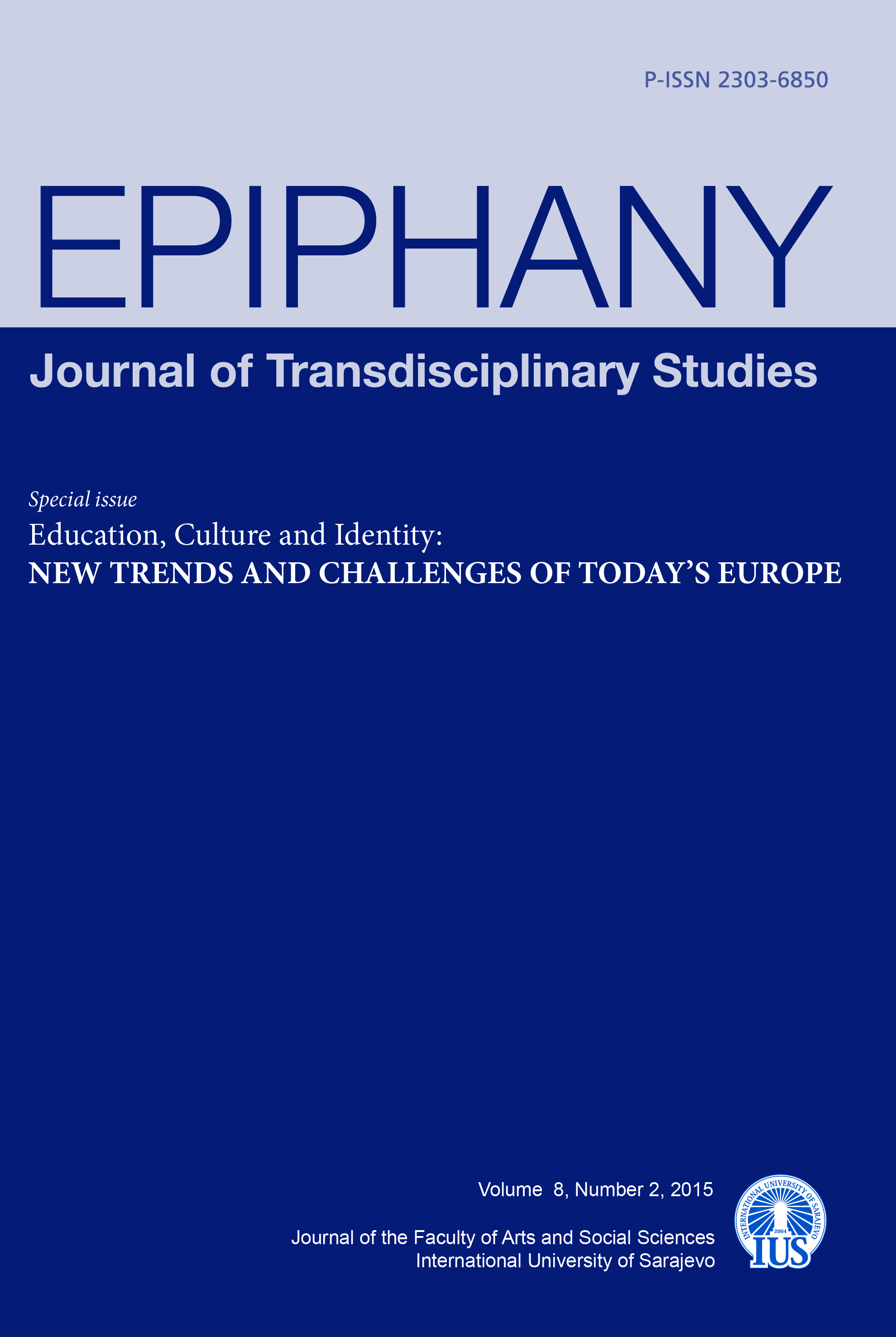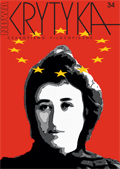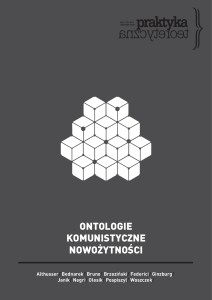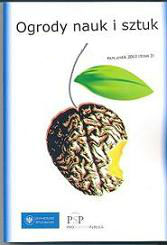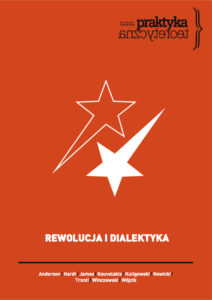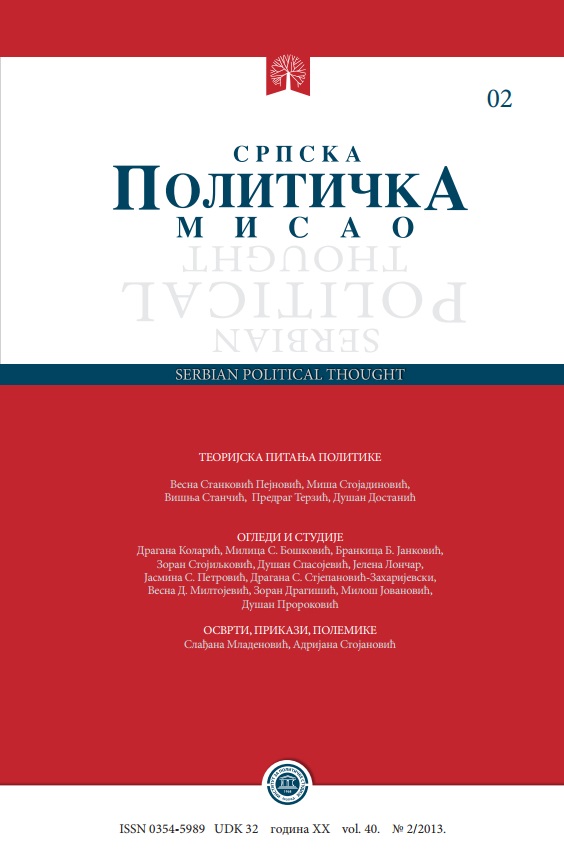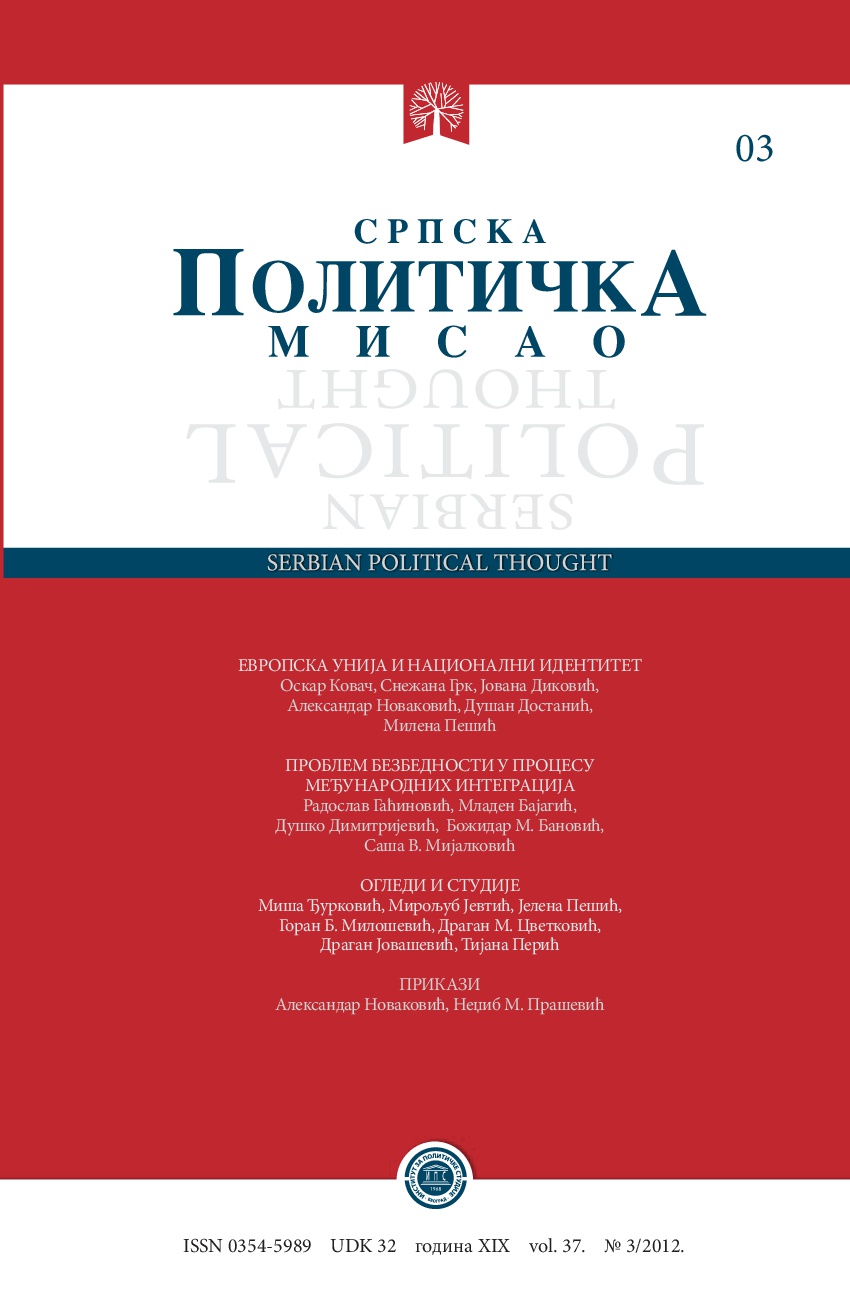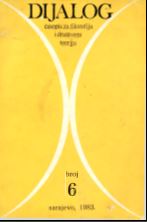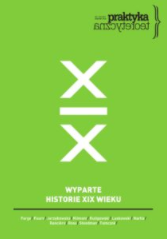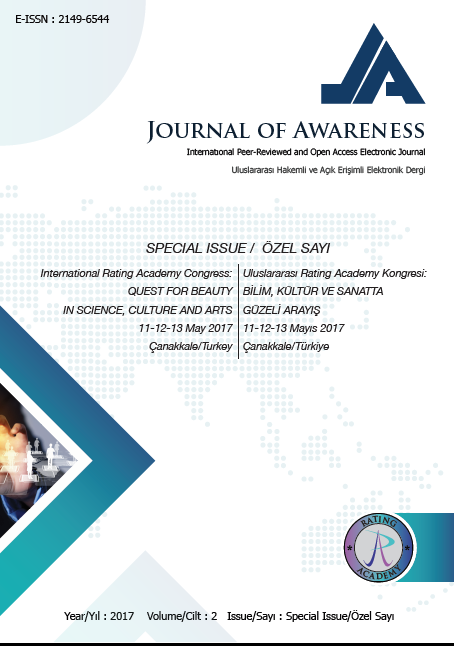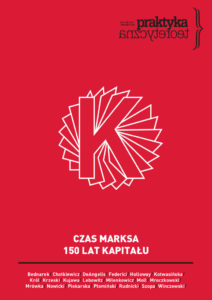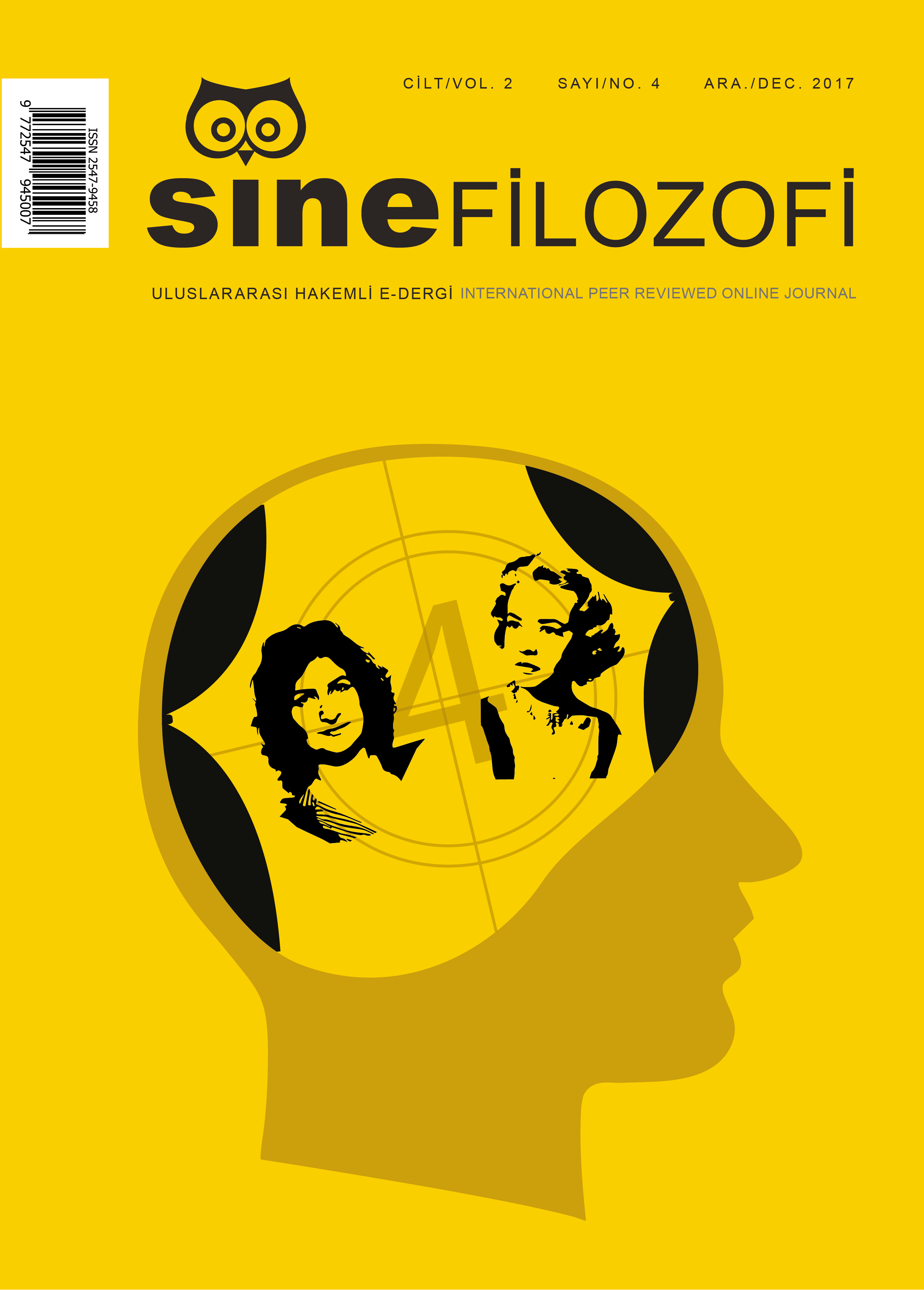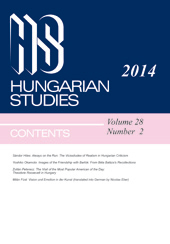Author(s): Ekaterina Irdynenko / Language(s): Ukrainian
Issue: 2/2013
In the article the aesthetical and art research of well known French postmodernist Roland Bart, which reflect, first of all, the early period of his creativity are described. Roland Bart during certain time was the head of the movement of "new criticism". Among R. Bart's aesthetical and art practices we will emphasize his interest to a wide range of the questions connected with a problem of art creativity which is both philosophical, and aesthetic, both art criticism, and ethical, and – it is clear – psychological. The position of the theorist is analyzed against his general theoretical installations and in the ratio with the main tendencies of development of the French aesthetics of the 50 – the 70 th years. It is worth to write, that Barthes's ideas and his approach to writing evolved over the course of his career, and critics often discuss his works in terms of four stages in his critical thinking. In the first stage of his career, Barthes, influenced by the ideas of Sartre and Karl Marx, demonstrates a strong interest in issues of language, its relationship to historical and social context, and its relationship to power. In these works he developed his notion of écriture, the aspect of discourse in which the author's social and historical context imbues his or her writings with unintended meanings that are revealed in structural analysis. In Mythologies Barthes analyzed aspects of contemporary French culture–for example, advertising, travel guides, and professional wrestling–to explore ways in which they support a bourgeois worldview. The next phase of Barthes's career, which also marked the high point of Structuralism in France, is a rigorously theoretical one and includes his famous 1964 essay "Eléments de sémiologie" (published in English as Elements of Semiology). Encompassing the ideas of Saussure, Roman Jakobson, and other noted linguists, Barthes theorized about the role of language versus that of speech. To Barthes, language is based on an abstract set of rules and conventions regulating verbal and written communication, whereas speech refers to individual instances of how that language is used. The third phase of Barthes's career, influenced by French theorists Jacques Derrida and Julia Kristeva, marks a shift in his thinking from Structuralism to Post-Structuralism in the 1970s. In such works as S/Z and The Pleasure of the Text, Barthes stresses the idea that literary texts contain multiple and shifting connotations, and are therefore open to a number of possible interpretations. He also distinguishes between "readerly" and "writerly" texts: the former refer to common areas of knowledge and accommodate traditional interpretation, while the latter are more open and invite the reader to fill in gaps and make intertextual connections in the process of reading. The final phase of Barthes's career, which includes his autobiography, Roland Barthes (1975; Roland Barthes by Roland Barthes), as well as A Lover's Discourse, Le chambre claire (1980; Camera Lucida), and Incidents (1987; Incidents), is a more personal one. In these works, Barthes writes about his diverse intellectual interests, from literature to travel, and photography, in a more meditative and introspective style.
More...
